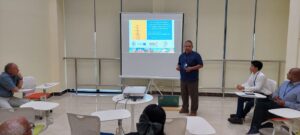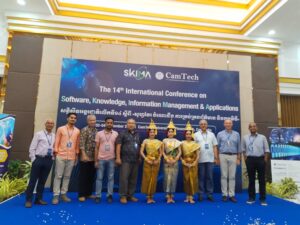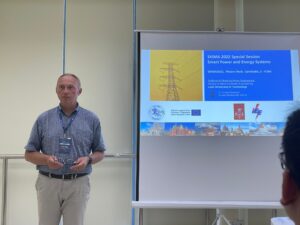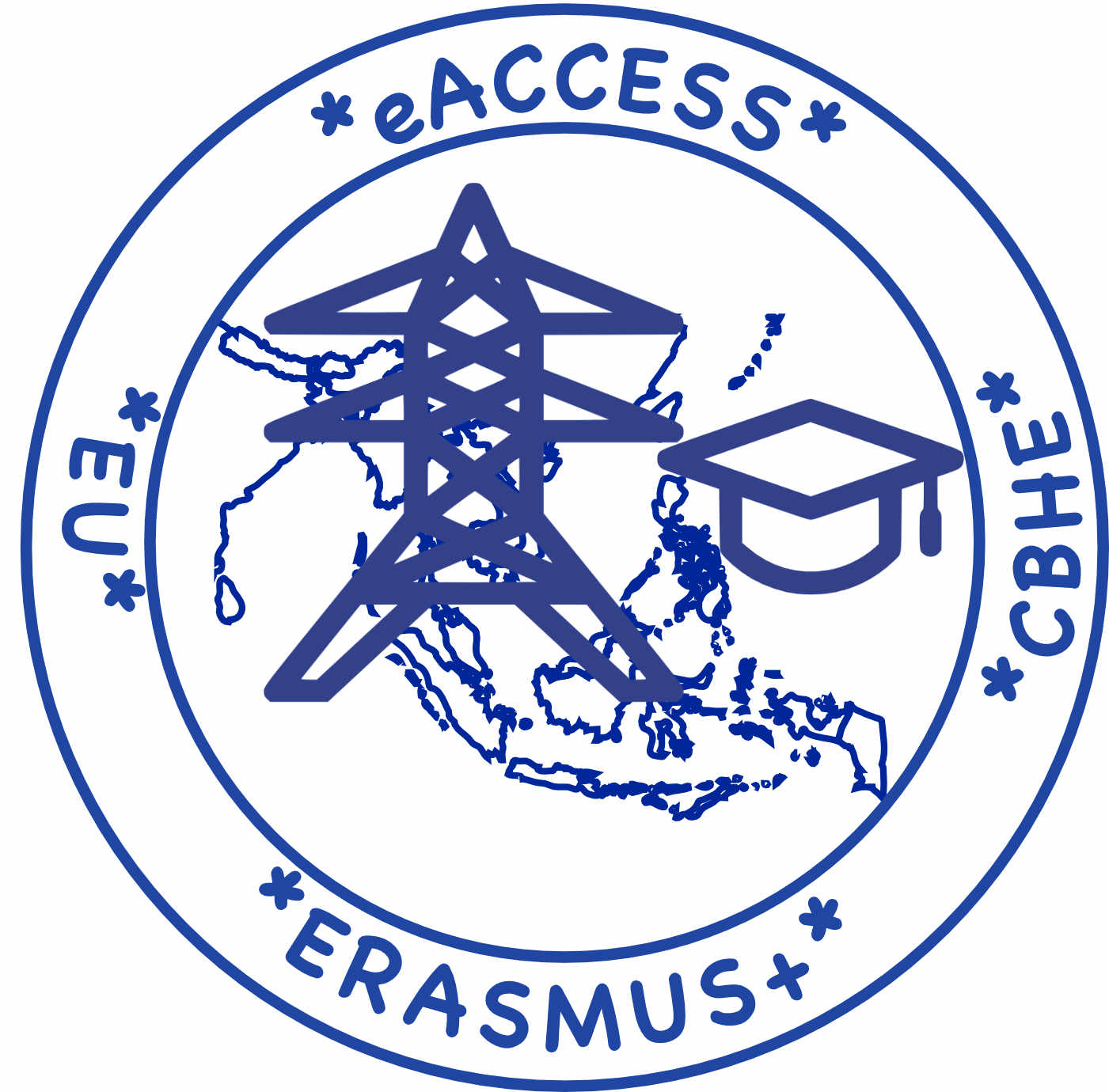eACCESS Special Session “Smart Power and Energy Systems” in 14th International IEEE (Tech Co-sponsor) Conference on Software, Knowledge, Information Management and Applications.
The fast development of the power sector is a key strategic requirement for the economic development of the developing countries. Power sector in developing countries facing different kind of problems. The primary energy supply was in the past mainly based on fossil fuels. Renewable energy, particularly hydro and geothermal have still a small share.
These are local and national and international utilities looking for the implementation of new smart technologies collaborating in the research in flexible transmission networks and smart distribution grids, in the integration of renewable energy sources and in the liberalization of the monopolistic energy sectors. However, the requirement of affordable electricity should respect the principles of sustainable development, environmental protection and take into consideration social aspects of the intensive development of the energy sector. The power sector is considered one of the biggest polluters with significant contribution to CO2 emission and with significant impact on climate change. To maintain balance between economic development and environment protection, it is necessary to learn and apply advanced technical solutions and cutting-edge technologies involving development and grid integration of renewable energy sources including dispersed generation, flexible consumption, development of a backbone transmission and distribution networks, as well as to facilitate operation of isolated, small island systems supplying remote settlements and localities. Solutions already exercised in developed countries, like for example smart power grids, flexible transmission systems combine together knowledge and expertise from power sector and from ICT sector. This is highly interdisciplinary undertaking requiring different experts, researchers and practitioners come together to deal with cross-disciplinary issues and successfully integrating knowledge from these three areas (power, information, communication).
The sustainable development is one of the UN SDGs. The key strategy to reach These SDGs is the implementation of a sustainable Energy and Climate policy. This policy assumes sustainable management of natural resources in energy production, decarbonisation of energy systems combined with the security and reliability of supply, with social and economic benefits like an easy access to electricity and reduction of energy poverty. The implementation of these actions is possible with technological evolution of the power sector. The research challenges in this session could address some of these issues in the area of power systems by bringing together the knowledge and experience of researchers and practitioners around the world to respond to these challenges. The session aims to attract original scientific papers dealing with smart technology applications and innovative business models applied in the power and energy systems.




eACCESS Erasmus project partners presented their research work spinning out from eAceess project at SKIMA 2022, Phnom Penh, Cambodia. Excellent conference organised by CamTech University. Lot of work present in eAccess special session was a result of students and teaching staff working towards achieving broader eACCESS Erasmus project objectives. Well done all eAccess partners!
Following papers were presented in the session:
1. Optimal Placement of Phasor Measurement Units Ensuring Power System Observability
2. Historical Data Based Monitoring of Hydro Generator Using Machine Learning
3. A 5.4 kWp Smart Grid Laboratory Development for Higher Education and Industrial Workshop
4. Optimization of battery storage capacity and operation for balancing residential PV installation
5. Incorporating Extended Reality technology for delivering Computer aided Design and visualisation modules
